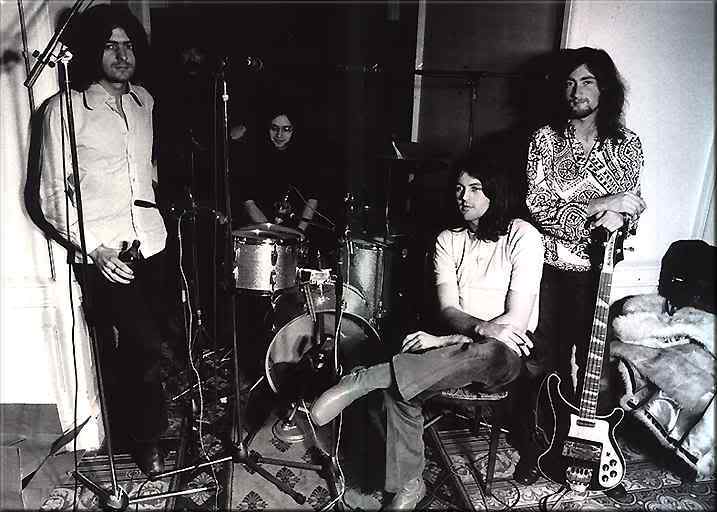I kinda think Brandon was spot on for the majority of his postings. Most people don’t understand a few things that are super important that we really do have to take into consideration.
Super good gear may make a 2% difference at most and in some cases, it will be more of a coloration more so than something that is blatantly obvious. Now, add that 2% up within a large track count and you may hear a difference overall.
@steban don’t worry about the 24/96 thing. You won’t notice a difference. Don’t buy into the hype. 24/48 is fine. Now, if you had a huge track count…and loads of mic’d instruments, you would have a better time noticing. Most hobby guys use direct recording and track counts that usually don’t exceed 40-50 tracks.
Same with 64 bit programs. You only need the extra ram you can use if you are using huge sampling libraries. I run both 32 bit and 64 bit Cakewalk Sonar. I have never had an issue using 32 bit where I can use no more than 4 gig of my 32 gig of ram. For those huge East/West libraries and multiple synths, x64 to the rescue. A bit off topic there but I wanted to share anyway. 
Drum rooms: totally agree with you on paper Jonathan. In reality…let’s just say I’ve worked with a few acts that are big time (no I didn’t do the work I was either there or assisted) and was pretty amazed that these big famous drum rooms ran triggers as a safety net and really weren’t much to brag about. Samples are just about always used along with real kits and of course sample replacement or hybridding happens just as frequently.
Ever hear how super consistent major drum recordings are? That too perfect sound sure isn’t massive compression. It’s samples, replacement, hybrid with like-tuning etc. It’s pretty rare other than country music where you hear a real kit and all the human inconsistencies…and even they are turning more to samples etc.
I see no reason for anyone to get hosed on a drum room rental other than for a drummer that wants to capture himself for a real time demo. Even there…with the right mics, some really good impulses and the know how, I think you can hang with and come close to anything. Throw in the uad ocean way room plug…and seriously, the right kit played by the right guy, will sound close enough. Only experienced guys may notice.
And that sentence right there…“only experienced guys may notice” is something I try to preach these days. Experienced guys and musicians that know everything don’t really count in the real scheme of things, do they? I don’t consider them the buying public. We have a world blown away by the quality of ear buds and lofi…they wouldn’t know Abbey road studio vs hog and bull studio.
Not that THAT should make us think about lowering our standards. But to me, it’s almost like people feel the need to flaunt things due to price. I seriously can buy just about anything I want and all through my life have always tried to buy the best.
The best wasn’t always the answer. I’ve sold all my outboard gear and have gotten rid of so many “best” purchases, it’s not funny. Some guys will fight you to the death about what they own or paid for something simply because they feel the need to justify the purchase. I’ve heard dudes on 6 track Sansui desks annihilate studios that had the high end gear. Yeah, I know…probably engineer error. But still…know how is and always will be king in my world.
I remember a dude giving me shit about me using junk mics on a kit during a discussion one time. I told him I could mic up my old fiberglass pearl drums from 1977 with 57’s, EV pl 60’s and a 757 on the snare. He laughed at me until I posted the recording. It took me 2 hours total to get the sound I wanted counting the mic procedure and the playing/mixing of the track. I’d use that sound on my own album other than the toms which needed heads BAD.
So for me, it all comes down to know how. Good stuff definitely can make a difference in color or even large track counts. Even there, it can be subjective. I remember doing a test project on a stock Dell using a Mackie 32x8 into a Realtek that left me scratching my head on how or why it sounded so good. Hell I did 4-5 songs for Tommy Lee in a contest on that rig as a joke…I still can’t believe how decent it turned out. He didn’t pick me but it wasn’t due to lack of quality I’m sure. I played it too safe when I should have shredded like a banshee. Lol!
Anyway…great discussion here. Whatever works for someone is what they should use. But to me, when you get deeper into this…it’s so subjective, it’s more opinion than it will ever be factual.




